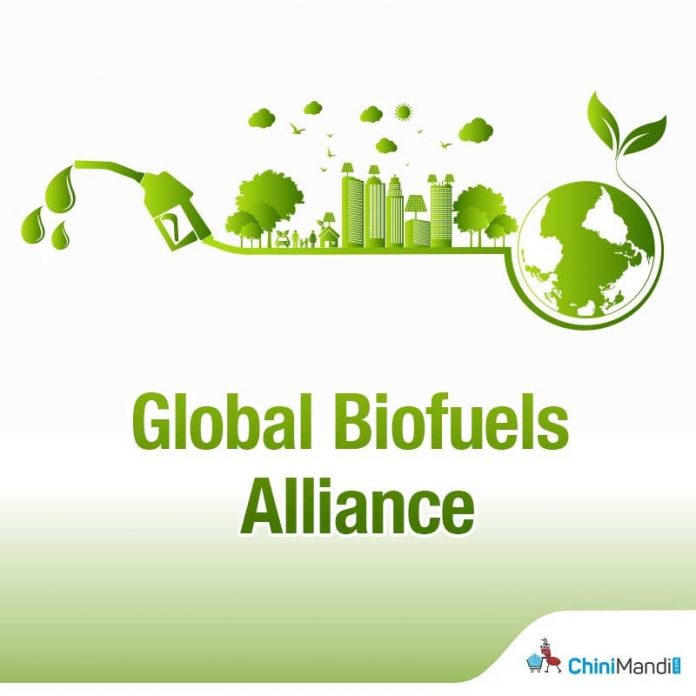Global Biofuels Alliance (GBA) hosted a roundtable on ‘Setting Up Common Definition for Sustainable Biofuels to Accelerate Biofuels Adoption’ at the GBA Pavilion at COP29 climate conference in Azerbaijan, chaired by IDG, GBA. The event brought together policymakers from USA, Brazil, and 15+ global biofuels leaders to drive collaboration and growth in sustainable biofuels.
Participants emphasised the need for unified standards and definitions, embracing diverse feedstocks and technology pathways, and fostering global policy coordination. The discussion concluded with participants highlighting the key role GBA can play in defining sustainable biofuels. They also applauded GBA’s efforts towards strengthening the role of biofuels in the green energy transition.
GBA is a multi-stakeholder initiative led by India as the G20 Chair, uniting governments, international organizations, and industries. It brings together the world’s largest biofuel consumers and producers to promote the development and deployment of biofuels. The alliance seeks to position biofuels as a critical component of the energy transition, while also driving job creation and economic growth.
Launched by Prime Minister Narendra Modi at the G20 Summit in New Delhi, the GBA is gaining traction and inspiring industry leaders and entrepreneurs worldwide.
The alliance’s goals include increasing demand for biofuels, facilitating technology transfer for production, and promoting trade. It is also viewed as a strategic move for India to reduce its reliance on fuel imports and cut carbon emissions.
Countries and organizations that have already joined the GBA include:
Twenty-five countries and twelve international organizations have agreed to join the alliance:
Eight G20 countries: 1. Argentina, 2. Brazil, 3. Canada, 4. India, 5. Italy, 6. Japan, 7. South Africa, 8. USA
Four G20 Invitee Countries: 1. Bangladesh, 2. Mauritius, 3. Singapore, 4. UAE
Thirteen non-G20 countries: 1. Burundi, 2. Finland, 3. Guyana, 4. Hungary, 5. Iceland, 6. Kenya, 7. Panama, 8. Paraguay, 9. Philippines, 10. Seychelles, 11. Sri Lanka, 12. Tanzania, 13. Uganda.
Twelve international organizations: Asian Development Bank, World Economic Forum, World LPG Organization, UN Energy for All, UNIDO, Biofutures Platform, International Civil Aviation Organization, International Energy Agency, International Energy Forum, International Renewable Energy Agency, World Biogas Association, and the World Bank.












